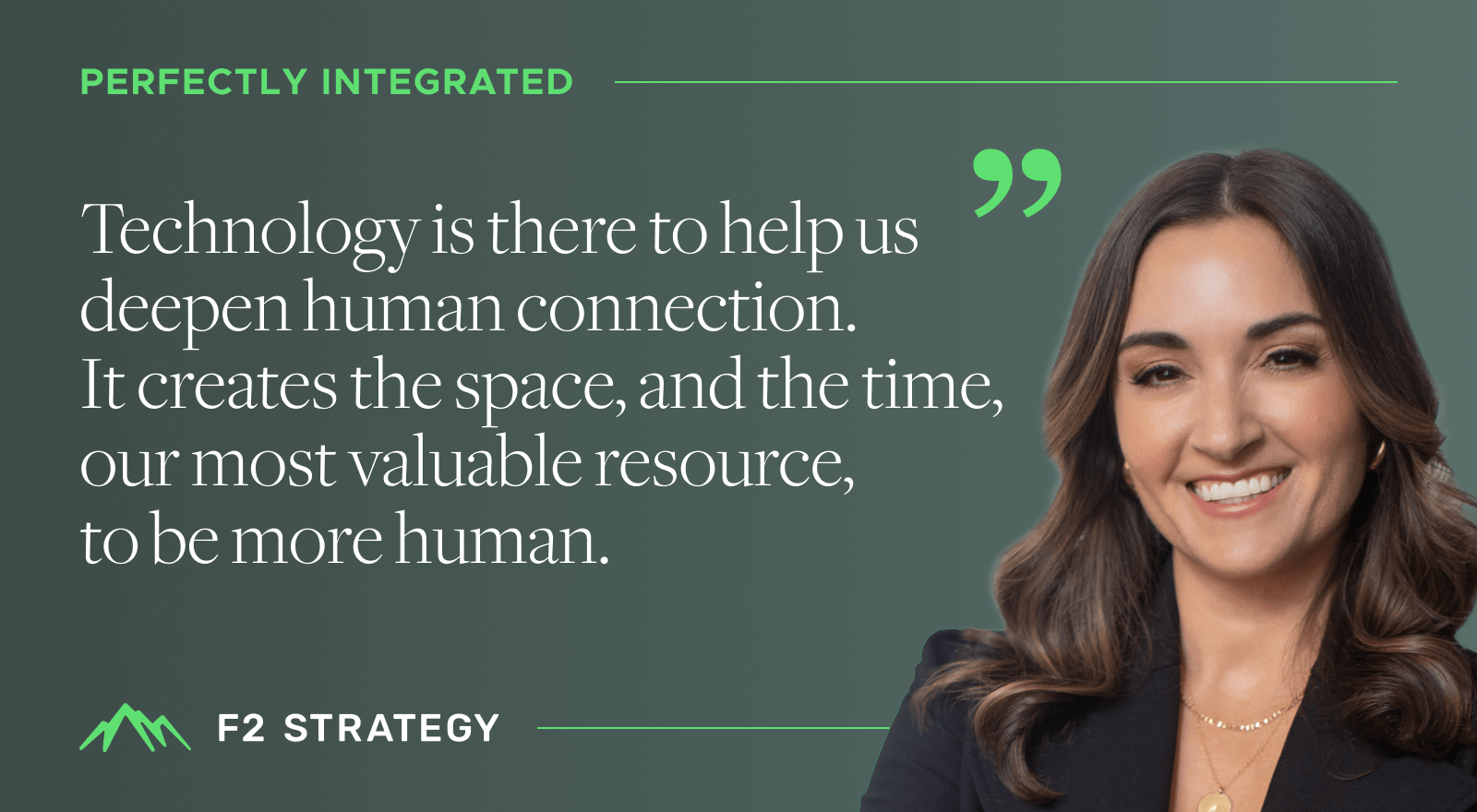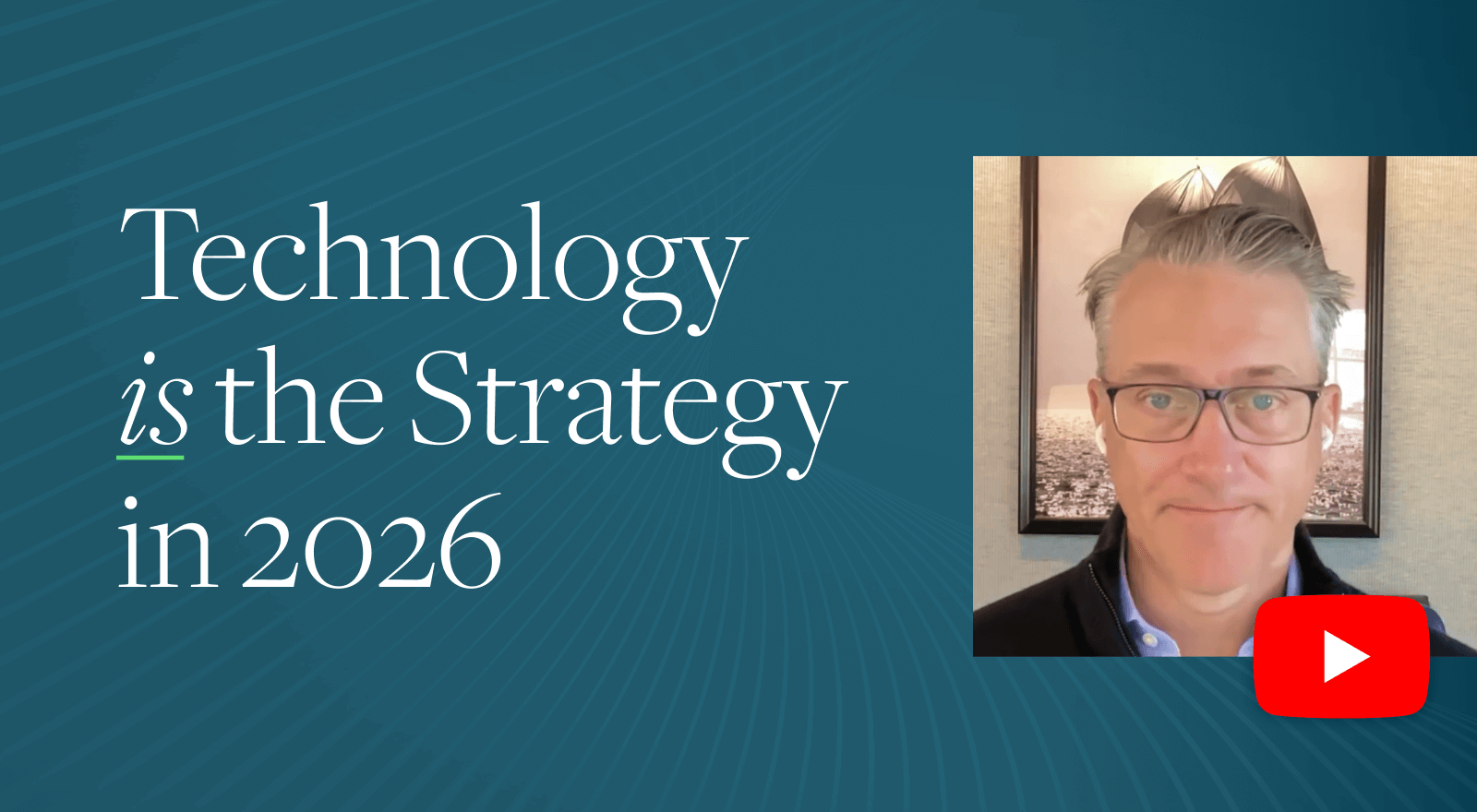
Small RIAs can do big and bold things for their clients—and themselves—when they invest in implementing the right technology. In fact, because they carry less tech debt than older, established firms, they can leapfrog well known firms in terms of technology offerings. But, as RIAs grow, they encounter new problems they didn’t have before. They need technology strategy that works hand in hand with implementation to establish the right mix of technology solutions that grow the firm and tackle the new issues that arise as a result.
We quizzed F2 managing director Dan Johnson on how RIAs can leverage technology to their advantage. Here’s what he said:
Q: What do RIAs gain from modern technology implementation?
DJ: Technology in our everyday lives works around us almost unnoticed. Your child’s sports team schedule automatically updates on your phone calendar, or you make automated mortgage or car loan payments each month. Relationships with our wealth managers need to work in the same inconspicuous way, but all too often do not. The RIAs that implement new or convert their old technology systems and build integrations that enhance the tools will find the quickest path to success.
Through technology, they gain the power to do several things:
- Drive growth without adding headcount by automating repeatable tasks such as client billing or account opening
- Deliver personalized client experience through customized reports and curated content
- Express the value proposition of the firm to prospective clients
- Increase overall firm valuation
Q: What can RIAs do to develop an effective technology strategy?
DJ: Acknowledge reality, focus on the things that matter, and avoid the things that don’t. Aligning all the major stakeholders around the truth of where you actually are in this moment drives informed decisions and clarifies priorities. Some of our best counsel has been to tell firms what they shouldn’t concentrate on. The projects that actually matter, matter from a valuation perspective, a scalability perspective, an advisor perspective, and most importantly, from an end investor perspective. When you demystify reality and get alignment within the organization, you can develop a plan that's unique to the firm and accentuates its differentiation.
Q: What should firms look for in the right implementation partner?
DJ: Like advisors, technology consultants should work in the best interest of their client (you!). As a fiduciary, you and your technology partner should sit on the same side of the table to select the right solutions, not partnering with a vendor to sell you a specific product solution. Additionally, your technology partner should know the market extremely well and have experience walking in your shoes.
Q: How can emerging RIAs address tech budget challenges?
DJ: There’s no way emerging RIAs can match the deep pockets of legacy firms, but they don’t have to spend like crazy to get what they need. They can buy technology expertise on a fractional basis. At F2, we offer OCTO which puts us in a unique position as a consultant where we act more as a technology organization within a larger firm. By doing that we can bring in an expert for five or six hours to execute something specific or fill in temporary gaps. That’s the value that we provide compared to other consulting firms because we don't have one client, we have 20 clients. We let our economies of scale work for our clients.
See how we manage the technology strategy and implementation relationship so you gain the competitive edge. f2strategy.com/implementation


.png)


